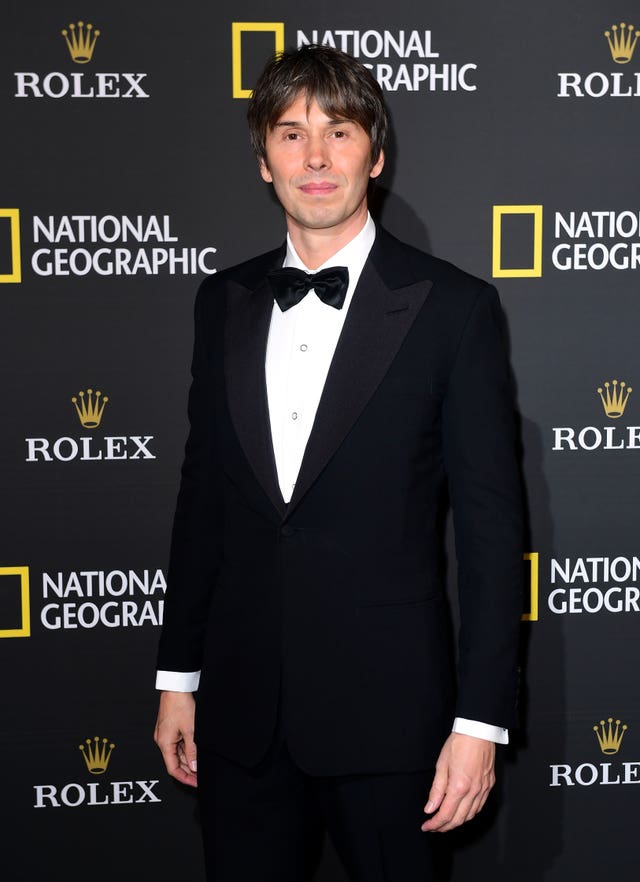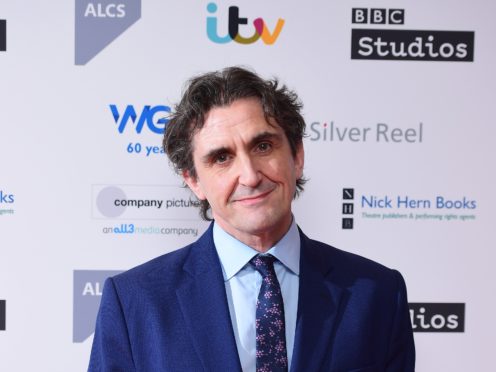Call The Midwife’s Stephen McGann has been named as one of the judges of this year’s Royal Society Science Book Prize.
The actor, 56, is known for playing Dr Patrick Turner on the BBC drama, but is also a science communicator.
He said he was “thrilled” to be one of those choosing the 2019 winner of the coveted £25,000 award, which celebrates the best in popular science writing from around the world.
“I’m a science communicator by academic background and love communicating science; as a public speaker, an author, and even as an actor playing a post-war medic in the hit BBC drama Call The Midwife!” he said.
“But most of all, I love to read and hear and see science being communicated really well for the widest possible audience.
“Science belongs to all of us, regardless of expertise.
“Every one of us has a right to know how the world of science really works, and what that might mean for the world and ourselves.
“Yet we also deserve an opportunity to share in the beauty and the joy of science – its people, its discoveries, its ingenuity and its endless fascination.”
McGann said that, as a judge, he would be looking for books “that gain the widest possible engagement with their subject through the talents and wits of the author”.
“Popular science isn’t simply the reduction of complexity,” he said.
“It’s an achievement of the widest collective insight.”
The panel will be chaired by Professor Sir Nigel Shadbolt, computer scientist and author of The Digital Ape. The other judges are Dr Shukry James Habib, stem cell specialist and Royal Society University Research Fellow, bestselling author Dorothy Koomson and Gwyneth Williams, Controller of BBC Radio 4 and 4 Extra.
A shortlist of six titles, selected from over 178 submissions, will be announced on August 27.
The winner of the 2019 Prize will be announced at an awards ceremony at The Royal Society on September 23, hosted by Professor Brian Cox OBE FRS, The Royal Society’s Professor for Public Engagement in Science.

The winner will receive a cheque for £25,000, with £2,500 awarded to each of the five shortlisted authors.
